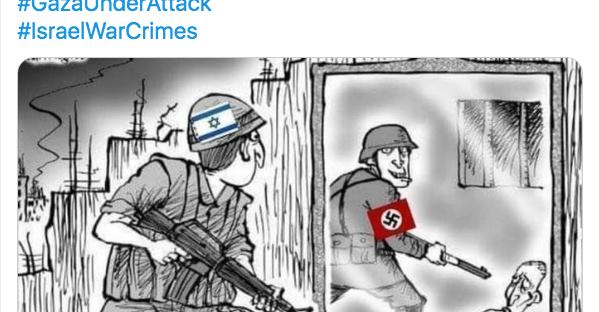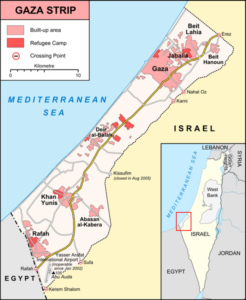BDS (Boycott Divest Sanction)
Category: Genocides
Genocide of Palestinians
Putin’s Invasion of Ukraine
But his question is not revealing enough. Although we do speak of countries as if they were agents, this kind of talk is misleading. It is the governments of countries which are the responsible agents, and we must understand the structure of governments before we can locate the responsible parties. For example, the recent Supreme Court ruling overturning Roe vs Wade was decided by the majority members of the nine-member Supreme Court, and we can name them. But Russia is not like, for example, Switzerland with a seven-member executive; it is a country with a permanent leader – a dictator: Putin, who does not need to consult anyone in order to take action. It was Putin’s decision to invade Ukraine. Putin – not Russia – is the cause of the genocidal invasion of Ukraine.
See also: Why Mearsheimer is wrong about Russia and the war in Ukraine. Five arguments from Alexander Stubb.
See also:
The Nazi-like State of Israel

Commentary by Norman Finkelstein:
See also:Gaza: Israel’s world’s largest concentration camp
Putin’s Corruption Exposed
Gaza: Israel’s world’s largest concentration camp
10 Genocides
Predatory Colonization (Imperialism)
H.H. Johnston, A History of the Colonization of Africa by Alien Races, 1899.
John A. Hobson, Imperialism, A Study, 1902.
Genocide in the Congo
E.D. Morel, Red Rubber: The story of the Rubber Slave Trade which flourished on the Congo for twenty years, 1890-1910. new and revised edition 1920.
Adam Hochschild, King Leopold’s Ghost: A Story of Greed, Terror and Heroism in Colonial Africa, 1998.


